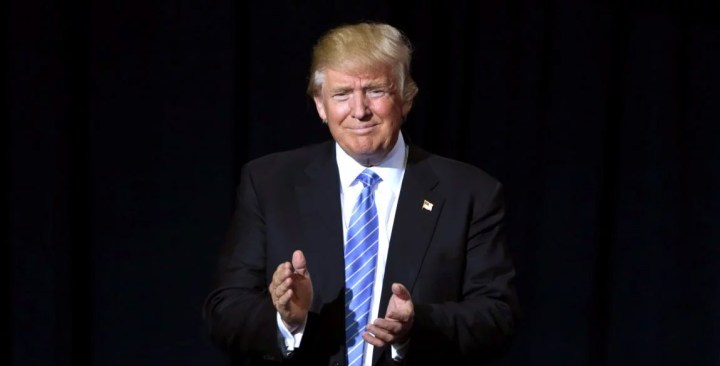Nicaragua Didn’t Join Paris Accord Because It Was Too Weak, So Don’t Compare It to Trump

Creative Commons "Donald Trump” by Gage Skidmore is licensed under CC BY 2.0
With President Donald Trump officially slated to withdraw from the Paris climate accord, many have noted that this decision puts the United States in the company of Syria and Nicaragua. But while the comparisons are meant to call out those countries that aren’t contributing to the greater good, they aren’t fair. As Trump surrounds himself with climate change deniers and tries to diminish the role of the Environmental Protection Agency, Nicaragua’s on its way to generating 90 percent of its energy from renewables by 2020. Meanwhile, the United States – which is currently the second-largest emitter of greenhouse gases – will encumber the rest of the world’s efforts.
According to the New York Times, Trump argued that the accord hurts the economy. “In order to fulfill my solemn duty to protect America and its citizens, the United States will withdraw from the Paris climate accord but begin negotiations to reenter either the Paris accord or an entirely new transaction on terms that are fair to the United States,” he said. “We are getting out. But we will start to negotiate, and we will see if we can make a deal that’s fair. And if we can, that’s great.”
Nicaragua, on the other hand, objected to the accord in 2015 because it didn’t believe it was ambitious enough and it didn’t ask more of larger, wealthier countries – which played a larger role in the current climate change crisis – according to Reuters. Last year at a UN climate meeting, Paul Oquist, head of the Nicaraguan delegation, once again explained why the Central American country wouldn’t participate in the accord.
“Nor does the Paris Agreement solve the impacts of Climate Change,” he said. “There is no funding for loss or damage and worse still, it attempts to make developing countries give up any demand for compensation for loss or damage and to forgive the legal responsibilities of the countries that have caused the problem… Nor is it either ethical or congruent to invoke human rights in the Agreement and at the same time to ask developing countries to renounce their legal rights including the right to compensation and the right to litigate over legal responsibilities.”
For the last decade, Nicaragua has worked to become less dependent on foreign oil and looked to renewable energy. By 2015, the renewables accounted for 50 percent of Nicaragua’s electricity compared to the United States’ 13 percent, according to the Washington Post.
The process of withdrawing from the Paris agreement may take up to four years to be completed, so as the NYT states, the “final decision” may rest on voters during the 2020 election.